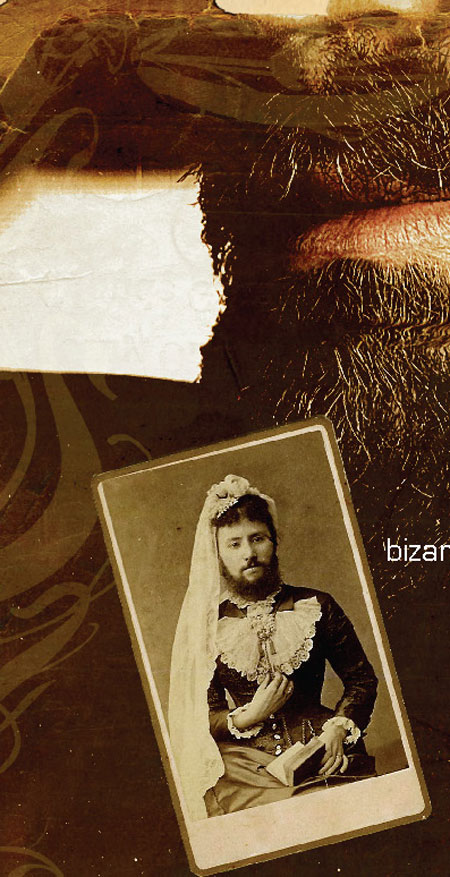bizarre, bizarro, bizar
The word bizarre comes from French and is used to describe things that aren't usual, that are peculiar, singular and out of proportion. At one time it was also used to describe homosexuals. In French, the word is a loanword from Italian. Bizarro means two things in Italian: It is used to describe people who are full of energy and people who are hot-blooded (we'll see the connection between the two meanings in a moment). With the language's two genders, men are bizarro and women bizarra. And this is where the idea of peculiarity or "bizarreness" comes from. We've been told time and again that the balde is a bizarre magazine. And because of this we decided to look into this special word and we came across a peculiar theory. This theory has it that bizarro/bizarra reached Italian from Basque. In 1607 Baltasar de Echaue wrote in his book "Discursos de la antigüedad de la lengua cántabra bascongada" ("Towards the Antiquity of the Basque Language"), the word vicarra is used to describe brave soldiers who have hair on their faces and chests. We're not going to deny that the balde is a bit bizarre, especially as we're quite proud of our bizarreness ... and at the same time we've realised that for us Basques bearded women are doubly bizarre.



